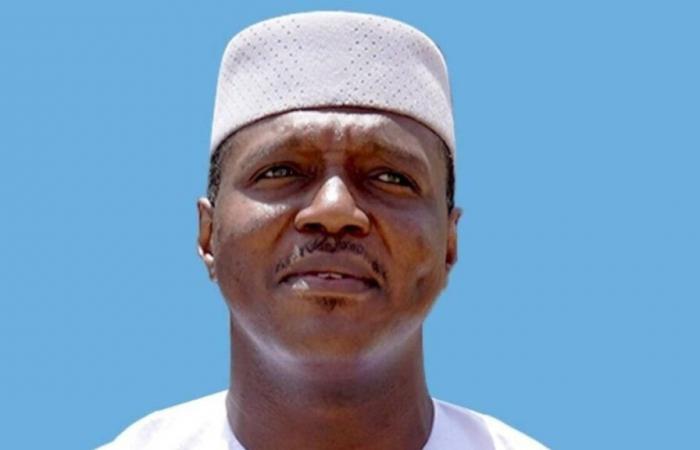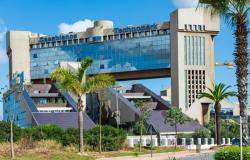The Malian government recently decided to buy back the shares held by the German investment and development company (DEG) and cooperative credit in the National Agricultural Development Bank (BNDA). This strategic acquisition, which increases the State's participation to 77.33%, aims to strengthen the State's influence on this key financial institution for the country's agricultural sector. Now with a majority stake in BNDA, the Malian state will be able to more directly guide the bank's policies to better meet the needs of Malian farmers.
This takeover takes place in a context where the Mali wish strengthen its economic autonomy and better control national resources. By becoming the main shareholder of the BNDAthe State will be able to define the bank's priorities in terms of agricultural financing, support for small rural businesses and promotion of financial inclusion. This new situation opens up new perspectives for the development of the agricultural sector, the pillar of the Malian economy.
However, this development also raises challenges. The government must put in place rigorous governance mechanisms to guarantee transparent and efficient management of the bank. It will also be necessary to improve the financial performance of the BNDA and expand access to credit for actors in the agricultural sector. To succeed in this challenge, it will be essential to closely involve farmers and farmers' organizations in defining the bank's new directions.
For several months, the Malian government has been putting pressure on mining companies. Through the adoption of a new code in 2023, the country has reformed its mining sector to have 35% participation in mining projects. This with the aim of regaining possession of all its resources.
World






